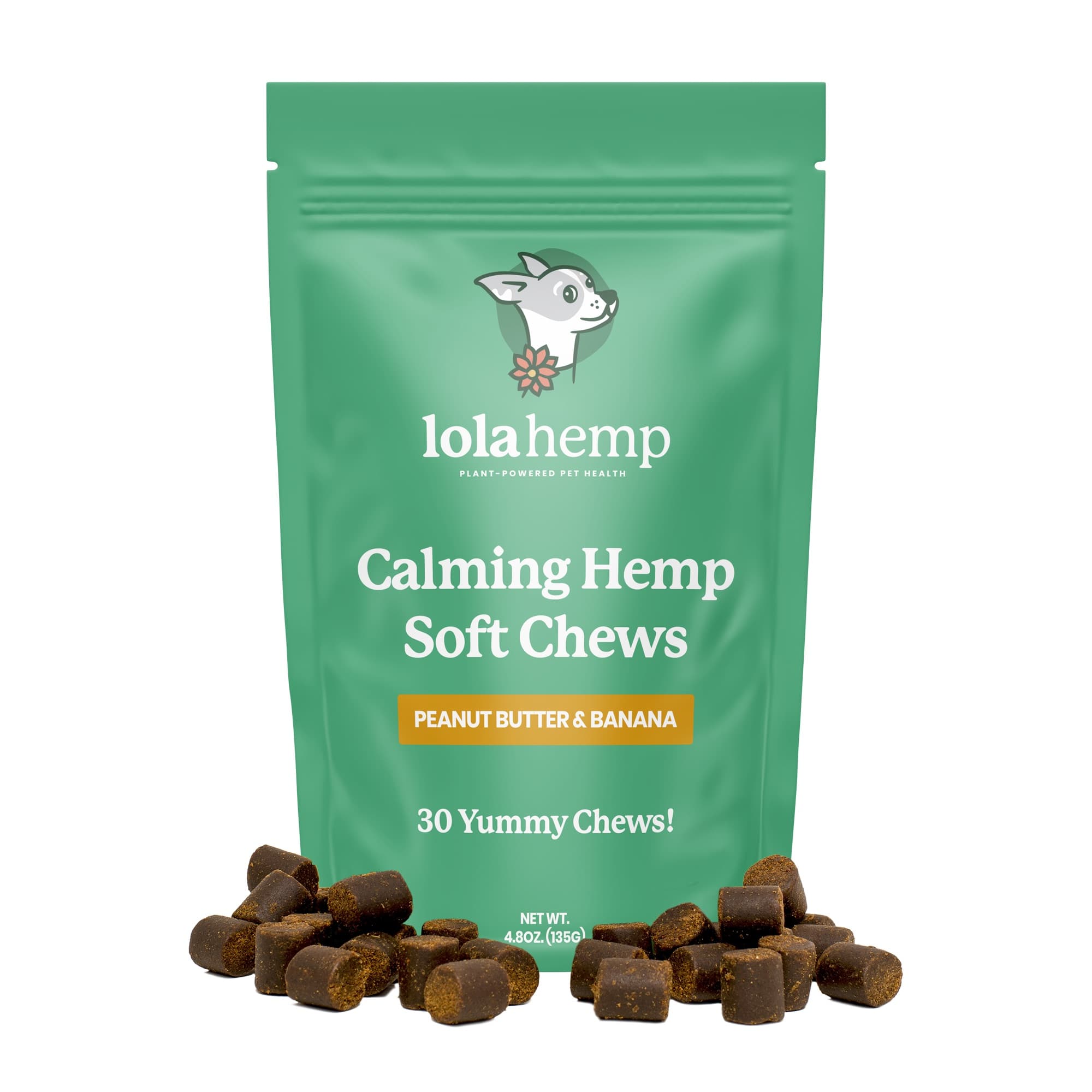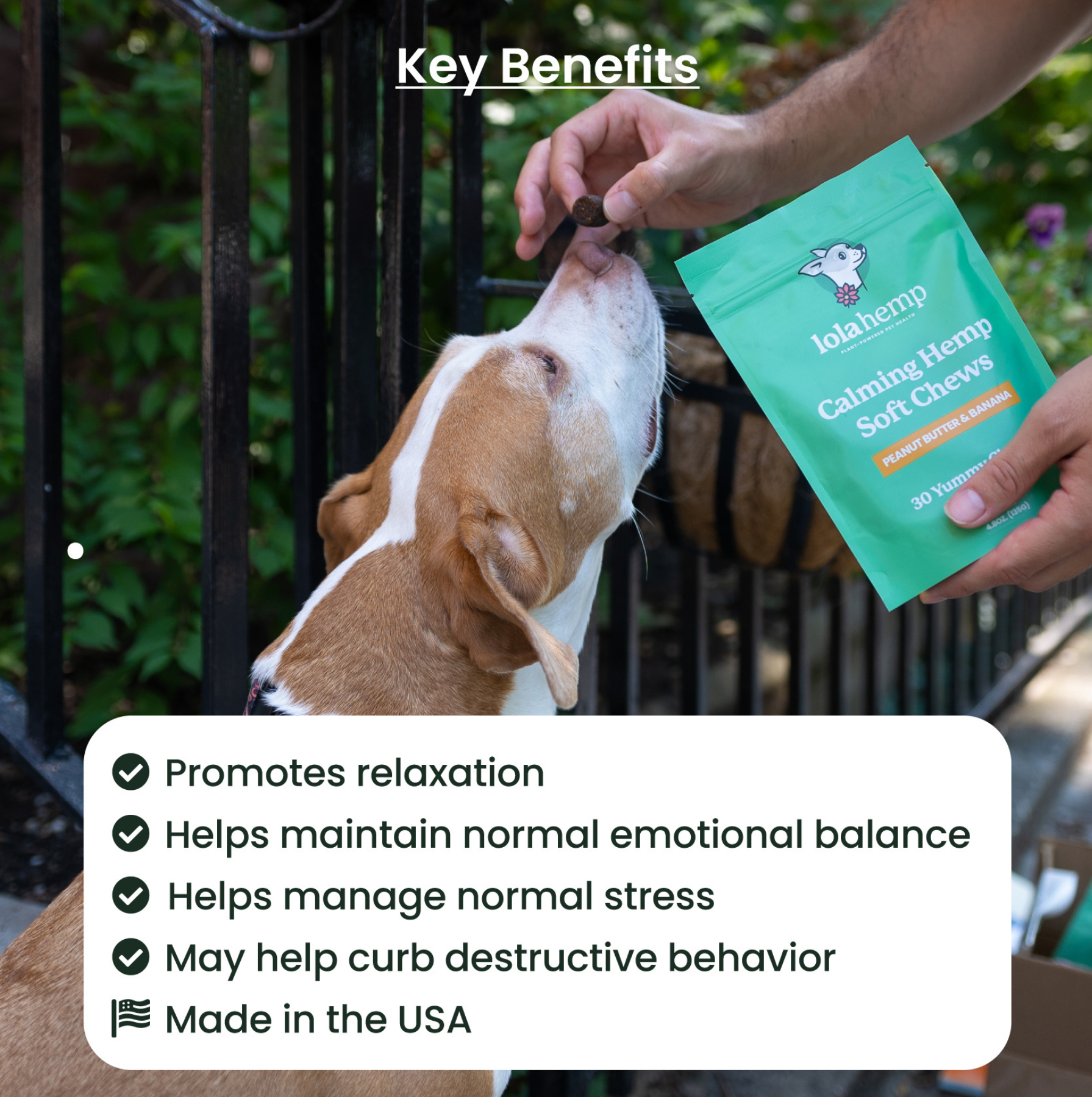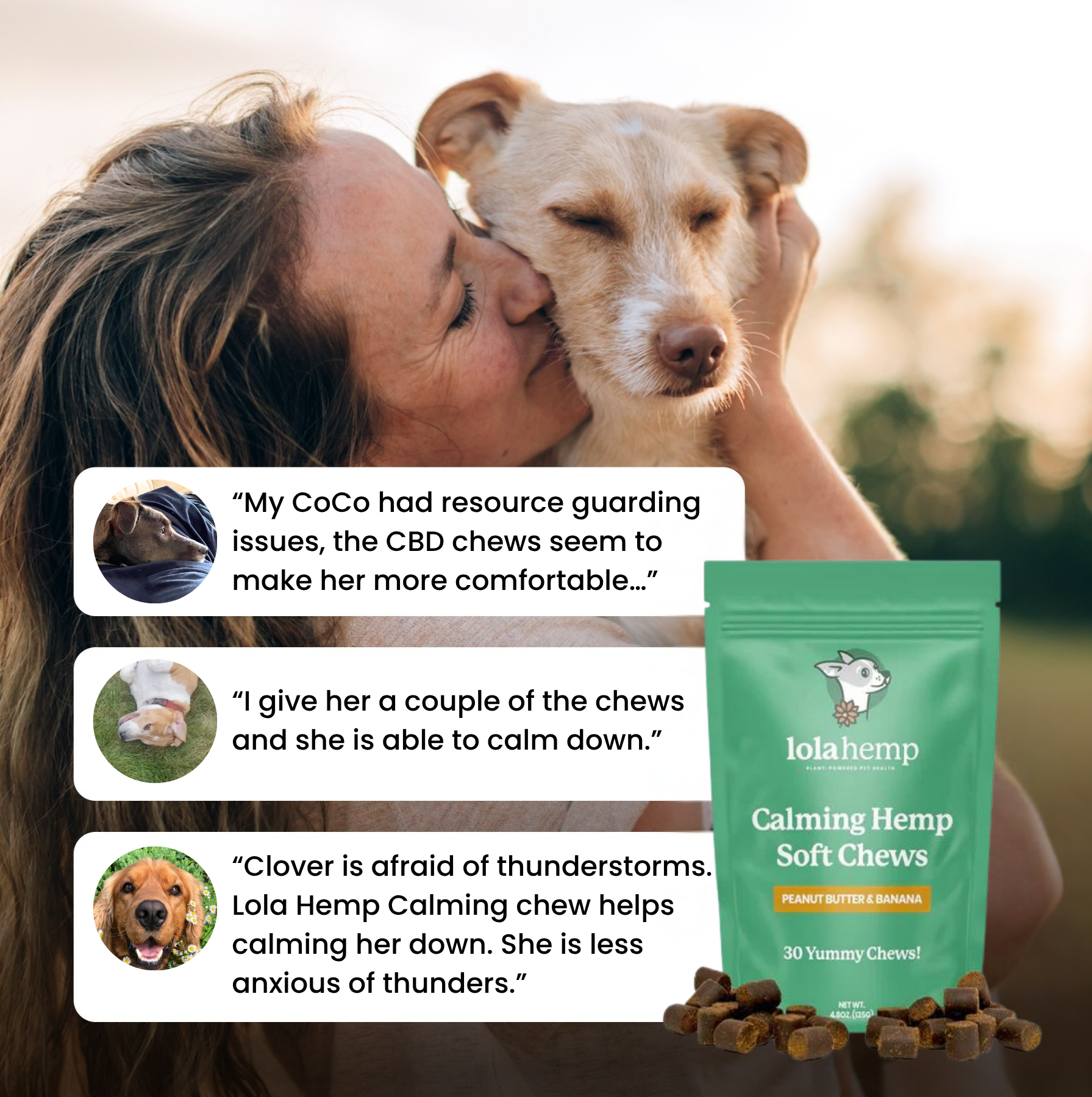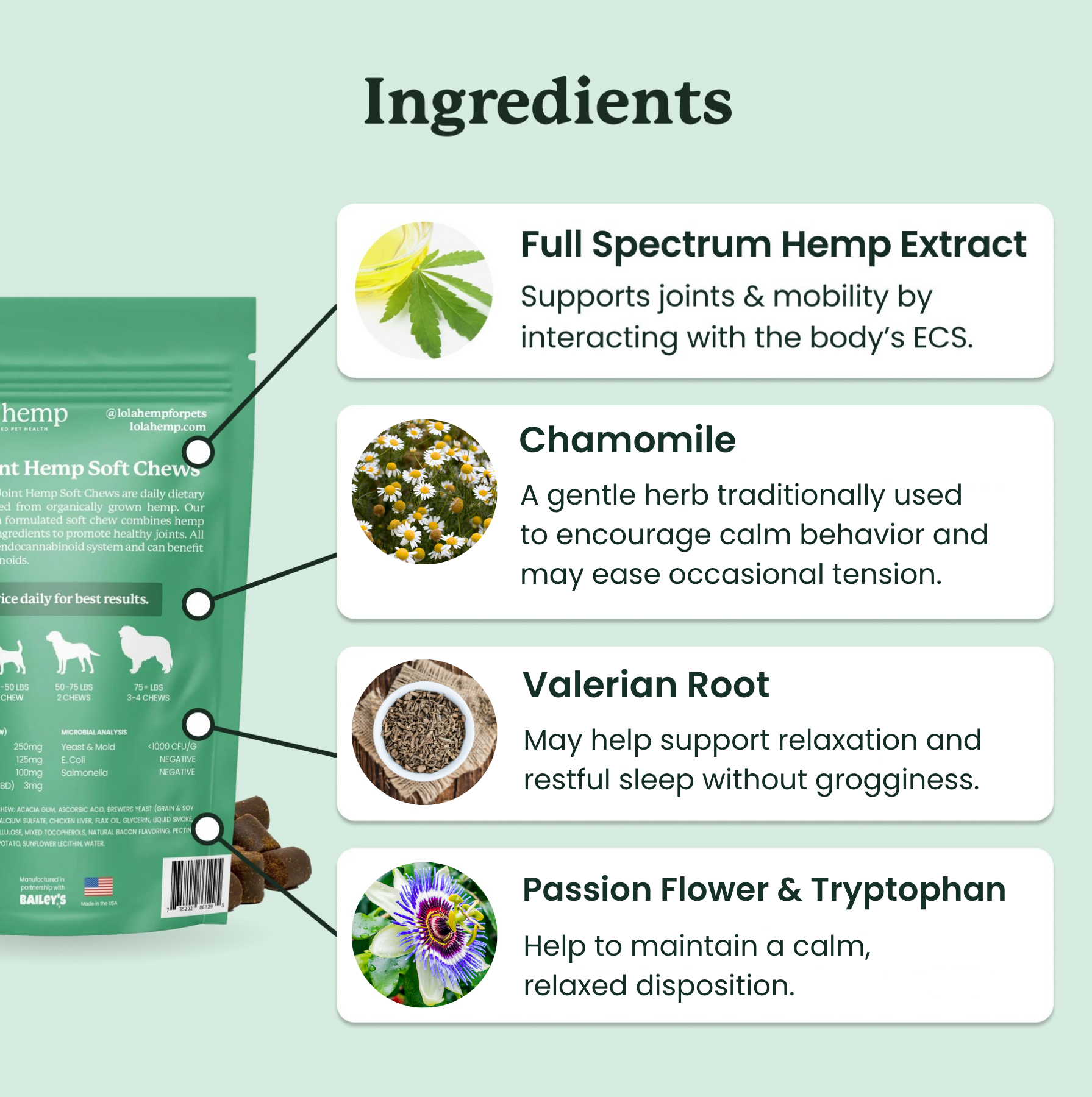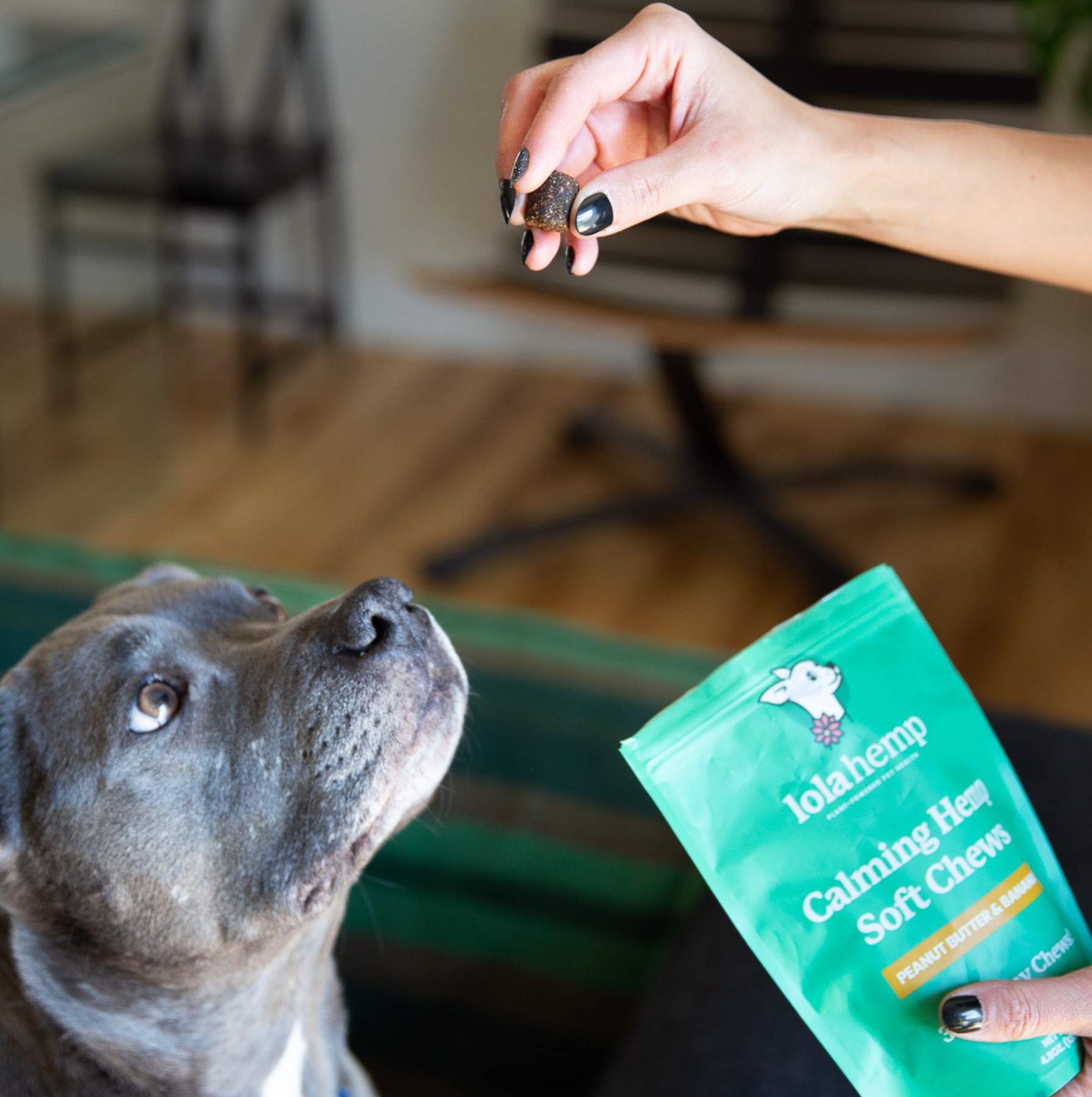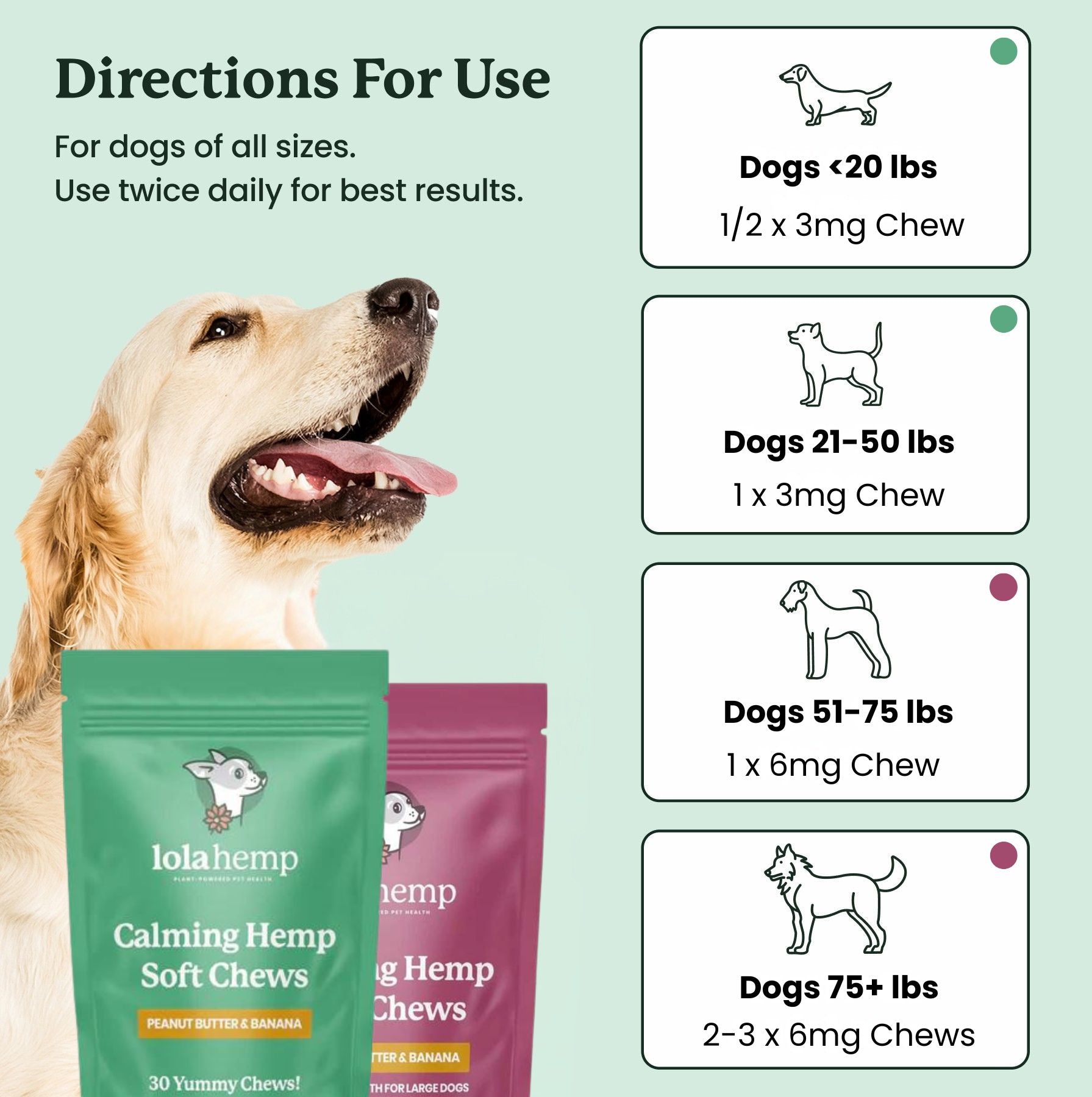Traveling with a dog is something many pet owners dream about. With the increasing number of flights, hotels, restaurants, and campsites that welcome pups, there’s never been a better time to travel with your furry friend.
If you’re planning on taking your pooch on a trip, proper planning will definitely make your time together enjoyable and stress-free. This is where calming options for dogs come in handy.
The Best Travel Sleeping Pills for Dogs
To help calm your dog, we recommend using organically made calming chews or pills. These pills are made using ingredients like chamomile, CBD oil, and melatonin. The pills are affordable and easy to find in health food stores.
Here are some of the sleeping pills we think will help improve your dog’s sleep and calm them when traveling:
- Chamomile
- CBD oil
- Melatonin
- L Theanine
- L Tryptophan
Chamomile is Calming Agent for Dogs
Chamomile is a herbal remedy that you can use in dogs to calm and relax them. Chamomile contains antioxidant properties and its calming effect may be beneficial for dogs experiencing stress and anxiety. As a result, dogs with sleep issues may get sleep support and support for overall health. Chamomile also contains omega-3 fatty acids that are known for their support for cognitive function.
You can give chamomile orally in the form of a sleeping pill, liquid, tea, or powder. Chamomile can also be given with or without food. However, some dogs may experience stomach upsets when given chamomile on an empty stomach. Do not give your dog too much chamomile as high doses may be toxic.
CBD Oil Made for Dogs Can Have a Big Impact on Restlessness
CBD oil is a natural chemical substance extracted from the hemp plant. It is known and used among pet parents for its holistic benefits, including support for a healthy inflammatory response, brain function, and joint mobility and flexibility.
CBD oil has calming properties that promote calm and relaxation for dogs. Aside from stress and anxiety, dogs may also experience sleep disorders due to cognitive dysfunction and hip and joint pain. Dogs experiencing pain can benefit from CBD oil since anecdotal evidence shows that it may support dogs with occasional discomfort.
Melatonin is a Natural Canine Sleep Aid
Melatonin is a hormone produced naturally in the dog’s pineal gland to regulate mood, reproduction, and sleep. It is one of the most natural techniques you can use to make your dog sleep. Just like humans, dogs produce melatonin naturally as a hormone regulating their sleep-wake cycles.
You can also give your dog melatonin to support their sleep-wake cycles. Melatonin may be beneficial for dogs who regularly experience stress, anxiety, phobias, and signs of cognitive decline. By promoting calm and relaxation, melatonin prevents disruptions in your dog’s sleep, thereby enabling them to sleep more.
L Theanine Can Calm Dogs Organically
L-Theanine is an amino acid component of Green Tea that can promote calm in pets. Studies show that L-Theanine may help maintain the required levels of dopamine and serotonin. Dopamine and serotonin are neurotransmitters, which carry chemical messengers between nerve cells in the brain and from one point to another in the body. The two are considered happy hormones since they provide mental stimulation. These messengers also play a significant role in promoting positive emotion and mood.
There are oils and other products for dogs that contain l-theanine.
L Tryptophan is a Lesser-Known Calming Agent for Dogs
L-tryptophan is an essential amino acid necessary for creating proteins in the body. It is essential for the production of serotonin, which transmits signals between the nerve cells. The production of serotonin impacts the brain, which in turn, affects the dog’s mood.
L Tryptophan has numerous health benefits including promoting calm and relaxation and the overall wellbeing of the dog. Its amino acids are known as an important energy source. These amino acids may support the immune system function and promote calm by producing the brain’s chemical messengers (neurotransmitters).
Passionflower Promotes Relaxation
Passionflower has long been known for its capacity to promote calm and relaxation. Studies show that passionflower contains natural flavonoids and can strengthen the GABA (gamma-aminobutyric acid) brain receptors, which help promote relaxation. As a result, passionflower may help maintain calm and relaxation in dogs.

Prescription Sleeping Pills for Dogs
You can also use other medications like Benadryl, which are dog sedatives. However, unlike CBD oil and chamomile, these medications must be prescribed by a veterinarian professional. You can also get these sleeping pills over the counter but we recommend consulting your veterinary behaviorist before giving them to your pooch. These sleep aids are used as oral medications and include:
Benadryl
Diphenhydramine is an antihistamine prescribed to relieve symptoms like a common cold, hay fever, and allergy. It can also be used to calm and relax dogs. It works by blocking natural substances called histamine, which the body makes when it experiences an allergic reaction.
Vets can prescribe them for their mild sedative effects on dogs, which may help promote calm during anxiety. Benadryl may also help manage acute allergic reactions such as those arising when a dog is exposed to allergens.
Trazodone
You can also use trazodone to give your dog a good night's sleep. Trazodone is an antidepressant medication mostly prescribed to treat depression. It belongs to a group of medications referred to as serotonin modulators. Consequently, it works by increasing the amount of serotonin in the brain.
Serotonin can be used to sedate a dog or help relieve severe anxiety. It is used for grooming, during fireworks or thunderstorms, during veterinary visits, or during short-term stressful events like traveling.

Why Do Dogs Struggle to Sleep Sometimes?
Did you know that dogs should sleep for an average of between 10 and 14 hours a day? Yes, that’s true.
However, they tend to break this sleep up into several naps a day and a final extended sleep session during the night. Your dog may experience sleep disorders due to anxiety, lack of enough exercise, or underlying health conditions.
Sleep is important for pups as it enables them to process the day, rest, and grow or repair tissue.
As humans, when we don’t get enough sleep, it impacts our productivity and how we function the next day. Dogs suffer from sleep deficits as well. Using sleeping pills can help your dog get a good night's sleep and stay calm during your travels.
Frequently Asked Questions About Sleeping Pills for Dogs When Traveling
Can I give my dog sleeping pills for travel?
Yes, but only after consulting your veterinarian. Natural calming options like CBD, chamomile, or melatonin are generally safe, while prescription sedatives should be given only under veterinary guidance.
What is the safest natural sleep aid for dogs?
Chamomile, melatonin, and CBD oil are among the safest and most effective natural sleep aids for dogs when used appropriately.
Is Benadryl safe to help my dog sleep during a trip?
Benadryl can have mild sedative effects, but dosage and safety depend on your dog’s health and weight. Always consult your vet before using it for sedation.
How can I naturally calm my dog while traveling?
Try natural calming chews, CBD oil, soft music, and keeping your dog’s travel crate comfortable. Gradual exposure to travel can also help reduce anxiety.
Can melatonin help dogs sleep on long trips?
Yes, melatonin can be helpful for travel-related anxiety and sleep issues. Always confirm dosage and frequency with your veterinarian before use.

